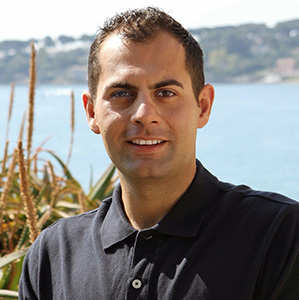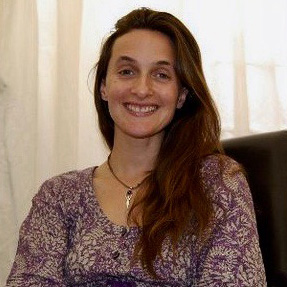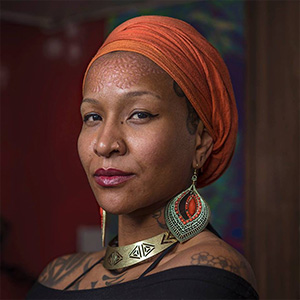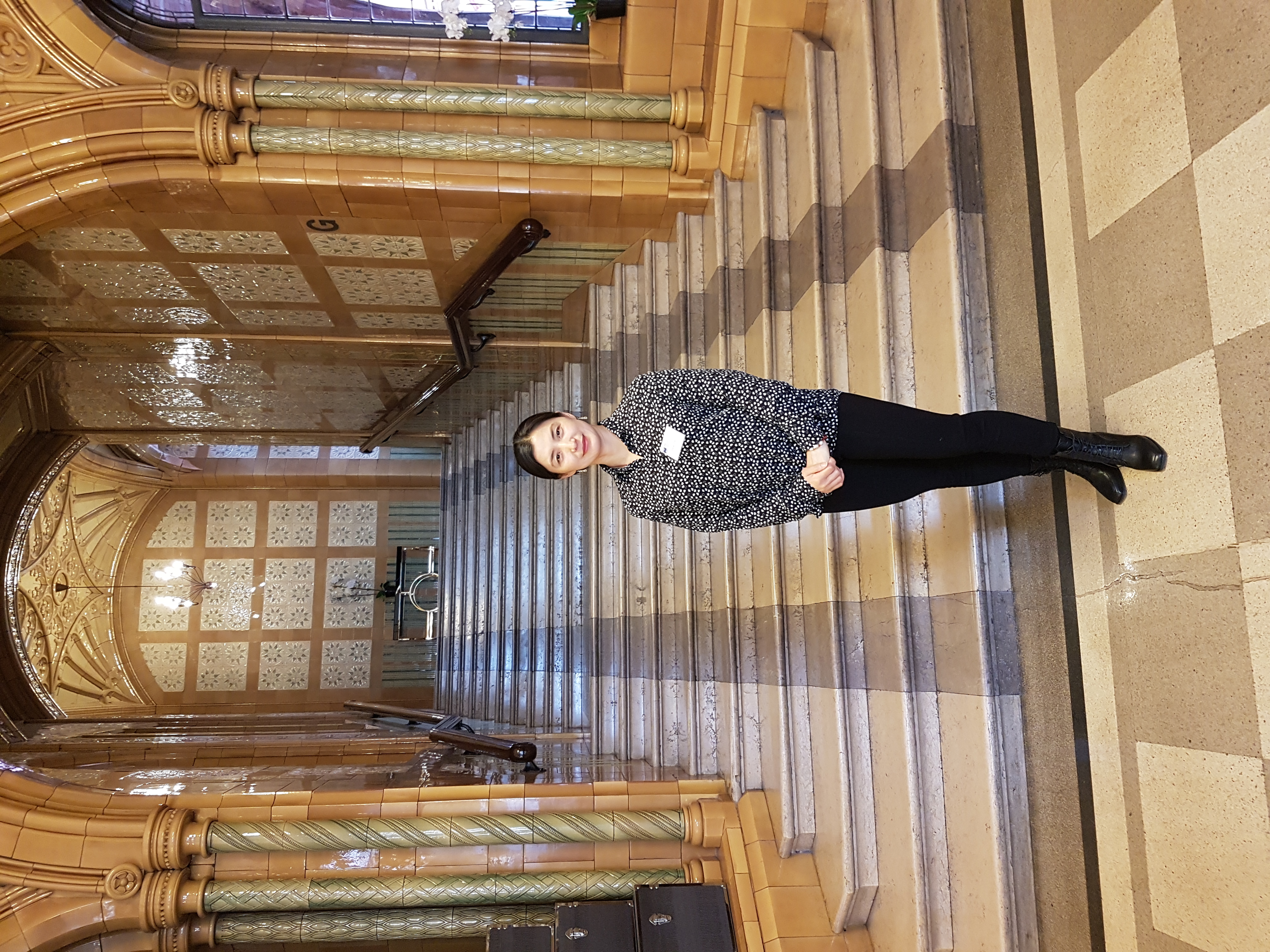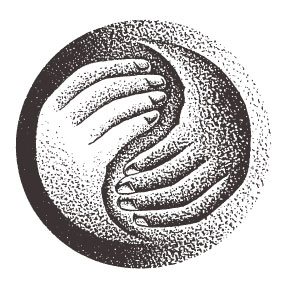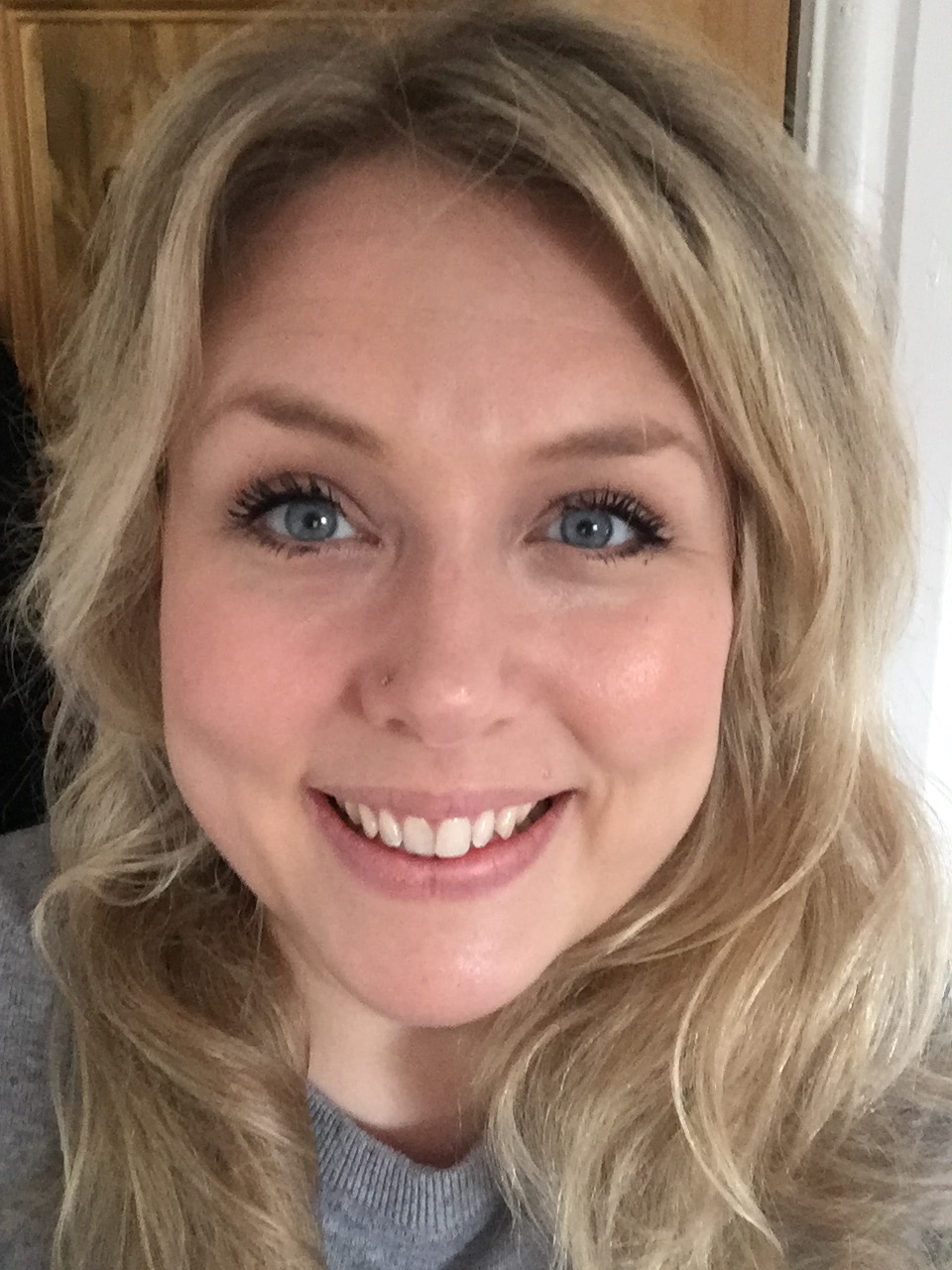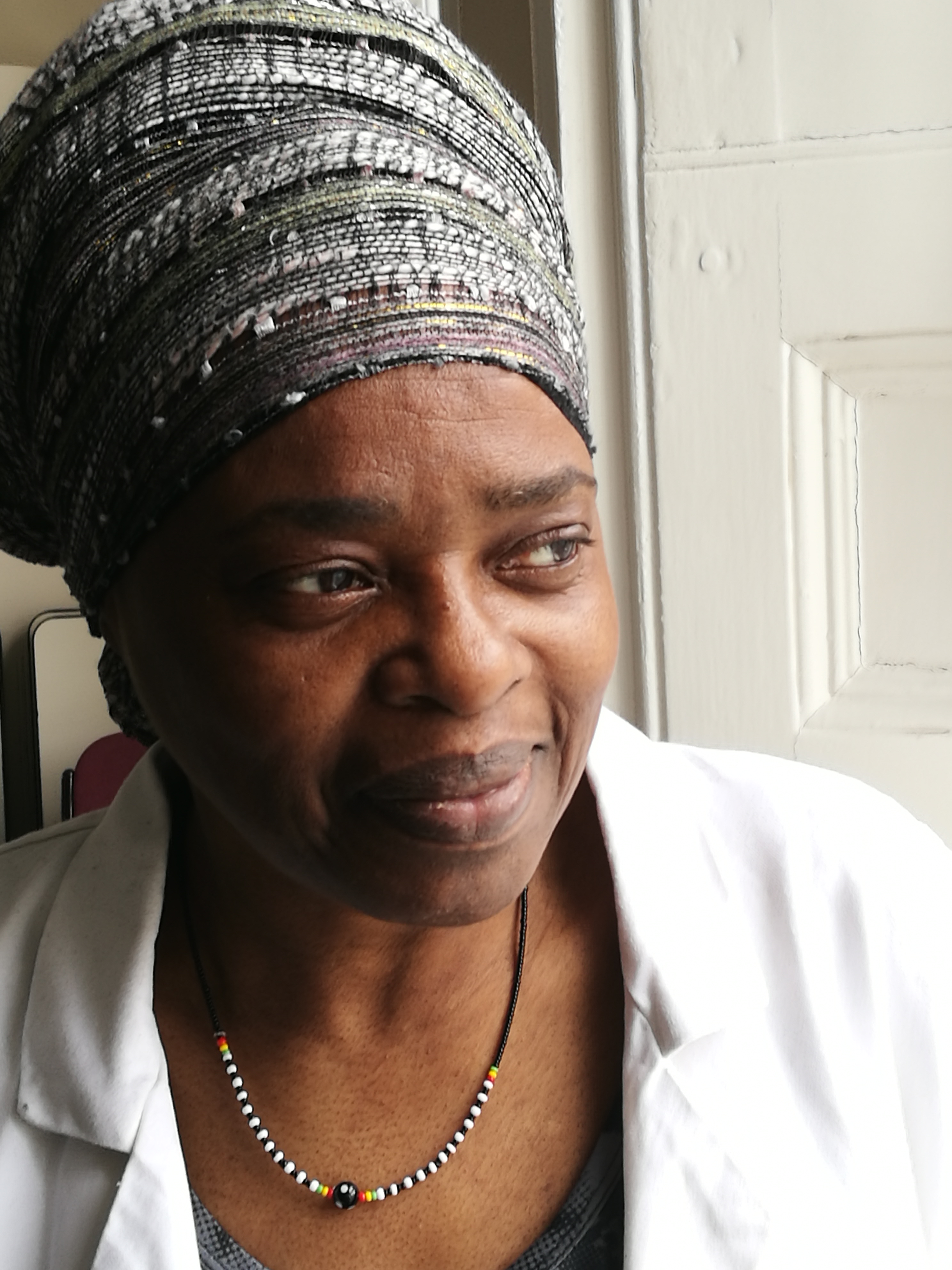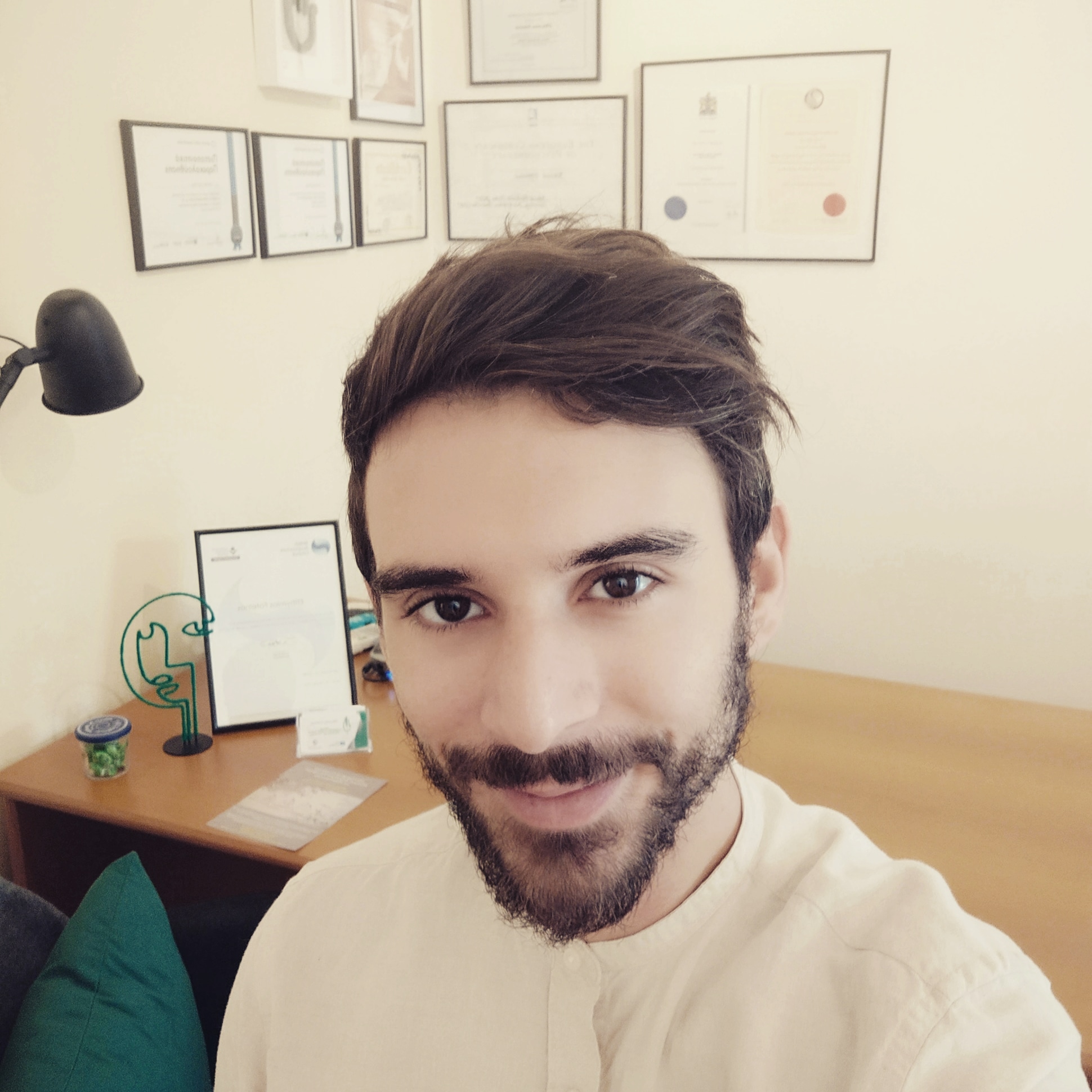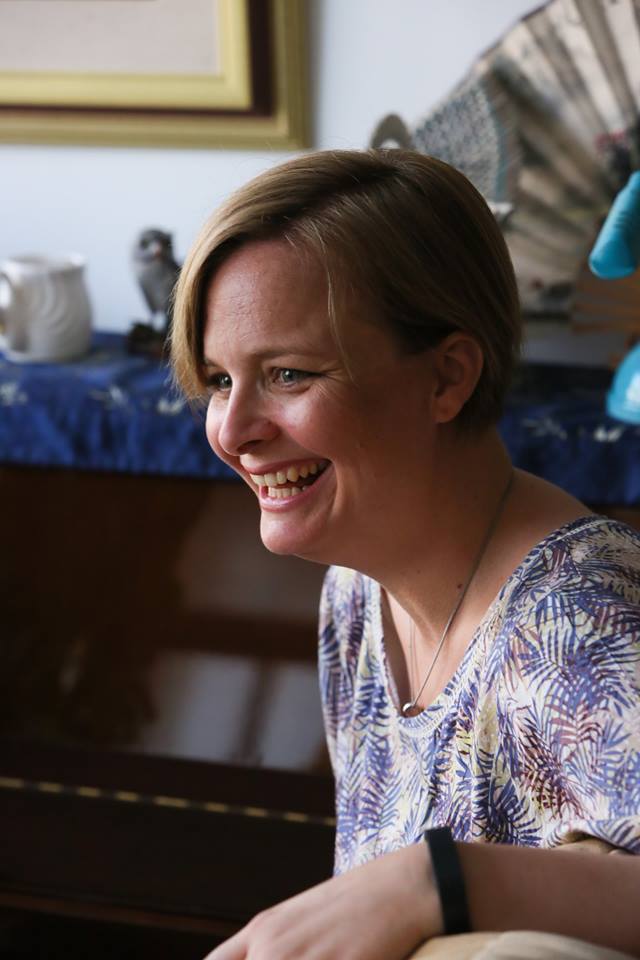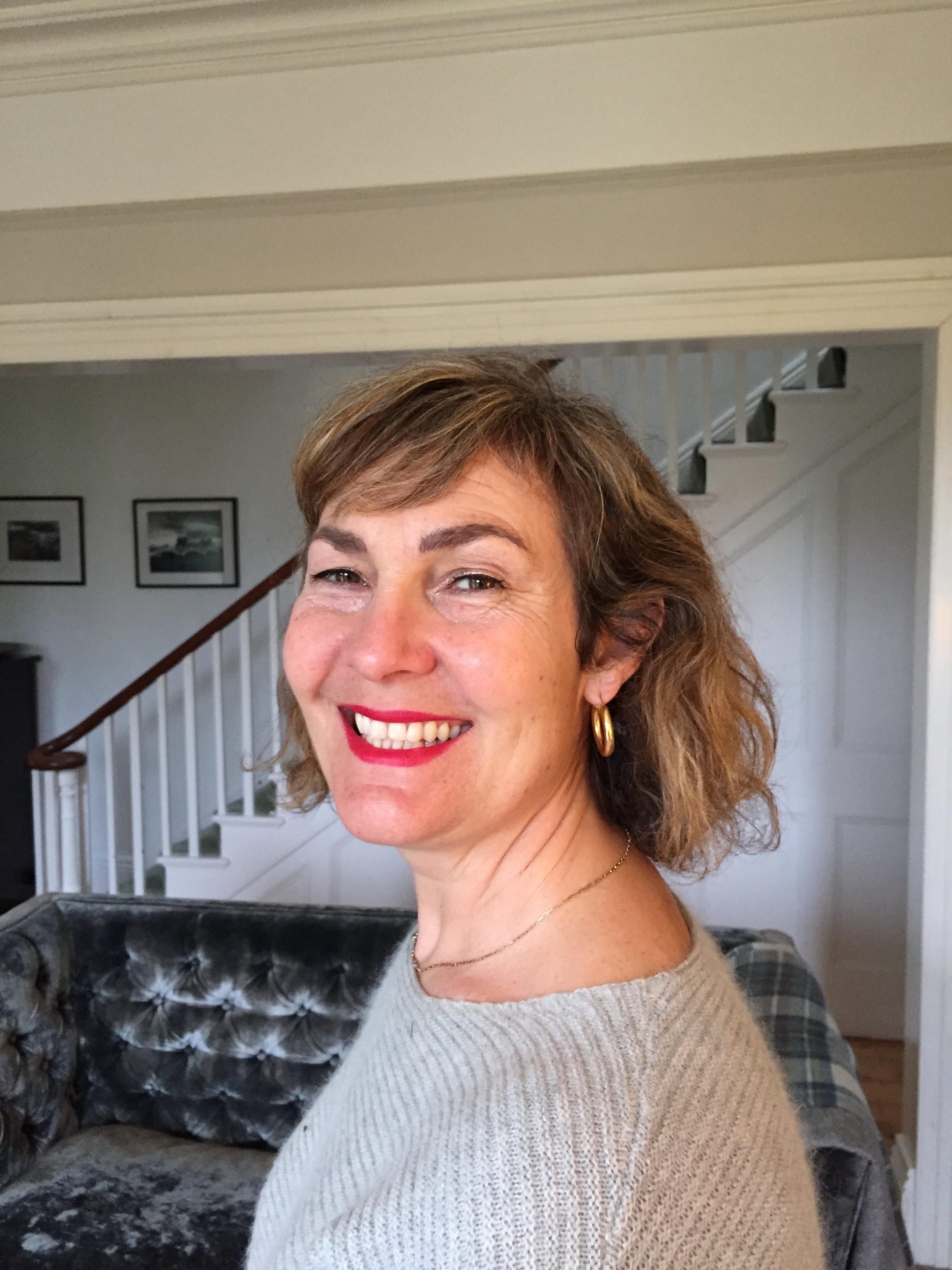Integrated Acupuncture - TCM & Five Element Acupuncture Course
Acupuncture stems from an age-old system of healing that originated in China. Its theory is contained in ancient texts, and its practice has been the subject of continuous study and clinical assessment over thousands of years and billions of patients. It has truly stood the test of time. Acupuncture theory derives from two fundamental concepts: yin/yang theory and the Five Elements. These two profound ideas have shaped Oriental medical theory and practice for many years, and continue to do so today. The College of Integrated Chinese Medicine trains acupuncture practitioners in an integrated style. This style brings together the strengths of yin/yang theory (using Traditional Chinese Medicine) and the Five Elements (using Five Element constitutional diagnosis) in one integrated whole, acupuncture course.
Why integrate Traditional Chinese Medicine (TCM) with Five Element Acupuncture?
We believe that an acupuncture practitioner is best equipped to treat someone if they understand both their illness, and the nature of the person suffering from the illness. To achieve this we teach an integration of two different styles: TCM and Five Element Constitutional Acupuncture. In this respect the degree course taught at our College is unique.
Traditional Chinese Medicine (TCM), based on yin/yang and Eight Principle theory, is the mainstream style practised in China. It concentrates on the symptoms of a patient's illness. It is well suited for treating a wide range of physical and psychological conditions. It is also very effective when treating musculo-skeletal problems, which many of our patients suffer from. Based on a combination of questioning and observation, as well as pulse and tongue diagnosis, it provides an effective framework for treating complaints such as headaches, gynaecological problems, digestive complaints, chest conditions and many other illnesses.
To diagnose the problem the practitioner asks specific questions and looks for patterns arising from the signs and symptoms. For example, in the case of headaches, the practitioner may ask: "When does the headache come on?", "Where exactly do you feel it?", "What does it feel like?", "Is it affected by bright light?". The answers help the practitioner to find the cause of the patient’s disharmony, and treat it.
Five Element Constitutional Acupuncture Course focuses on the person who has the illness, rather than the illness itself. A combination of our genetic inheritance and the first few years of life leave all of us with subtle imbalances in our qi that affect our health and wellbeing.
The practitioner detects these imbalances by observing a person closely, concentrating on four crucial aspects:
- the emotion they are expressing most inappropriately
- the colour that can be observed on their face, particularly on the lower temples beside the eye
- the odour emitted by their body
- the sound present in their voice, particularly a tone that does not fit with the emotion being expressed.
Together these indicate which of the Five Elements is the constitutional imbalance of the patient: Fire, Earth, Metal, Water, or Wood.
By incorporating both styles, the practitioner creates a wider range of treatment possibilities and touches the patient deeply. Patients feel better in themselves, have more vitality and deal with the problems that caused them to seek treatment.
When a practitioner learns to integrate a diagnosis of the person’s particular symptoms with a diagnosis of their constitutional imbalance, they become able to practise a style of acupuncture that is in accord with the principles of Xu Dachun. That is why our acupuncture course is integrated.

